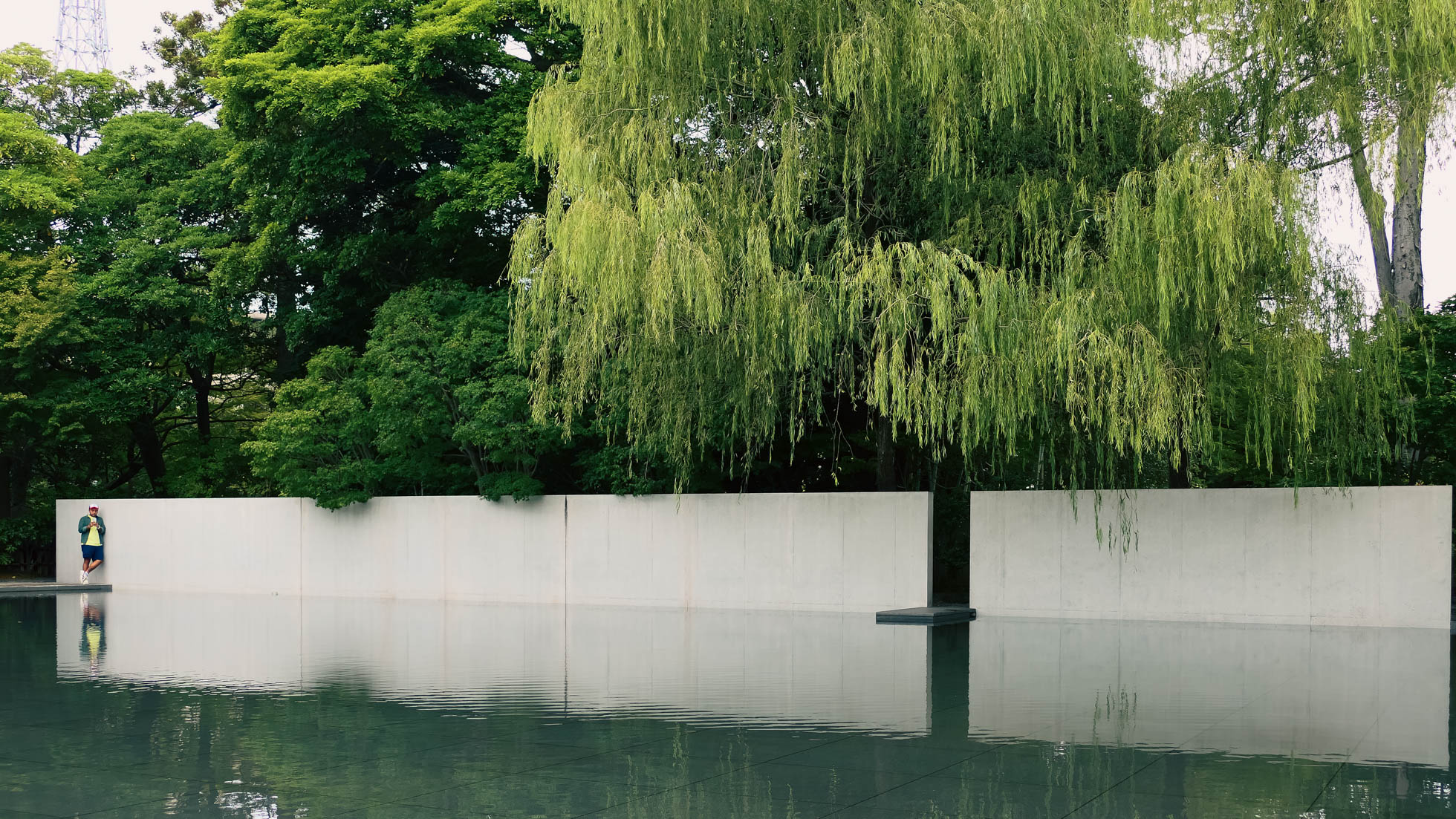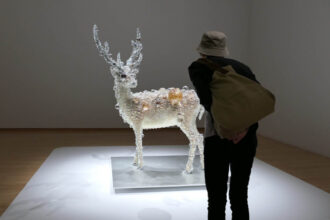Daisetz Suzuki Museum at Kanazawa, Japan
Daisetz Suzuki was born in 1870 in Kanazawa and developed a deep interest in Zen Buddhism from an early age. He dedicated his life to studying and promoting Zen Buddhism, both in Japan and internationally. Suzuki’s writings and teachings played a crucial role in introducing Zen Buddhism to the Western world, making him one of the most influential Zen philosophers of the 20th century.
The Daisetz Suzuki Museum was established in 2011 to commemorate Suzuki’s life and work. The museum building itself is a work of art, designed by architect Yoshio Taniguchi, who also designed the MoMA in New York. The minimalist architecture reflects the simplicity and serenity of Zen philosophy.
Inside the museum, visitors can explore a collection of Suzuki’s personal belongings, including his writings, photographs, and artworks. The exhibits provide an insight into his intellectual journey and the development of his ideas. The museum also houses a library with a vast collection of books on Zen Buddhism, allowing visitors to delve deeper into the subject.
One of the highlights of the museum is the Zen garden, designed by landscape architect Shigemori Mirei. The garden embodies the principles of Zen aesthetics, with carefully placed rocks, raked gravel, and meticulously trimmed plants. It provides a tranquil space for contemplation and reflection, inviting visitors to experience the essence of Zen Buddhism.
The Daisetz Suzuki Museum also hosts various events and exhibitions related to Zen Buddhism and Japanese culture. Lectures, workshops, and meditation sessions are regularly organized to promote a deeper understanding of Zen philosophy and its relevance in contemporary society.
ft/ Kate Zaniewska







